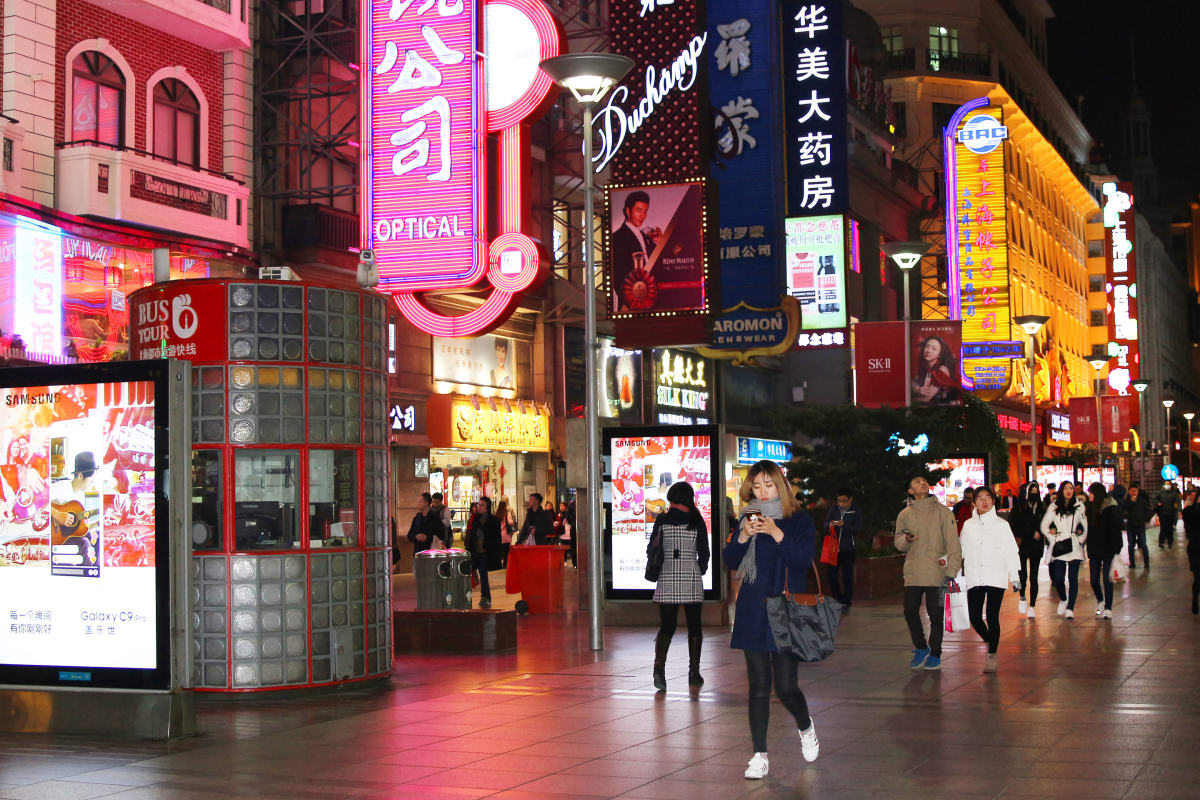
Under intense pressure to keep their businesses operating, NZers struggled even to access food under Shanghai's draconian restrictions.
Stronger interpersonal bonds within companies is among the positives borne out of the trials and tribulations of operating in lockdown-prone China.
This week at the China Business Summit in Auckland, business leaders heard how desperate times mean desperate measures trying to keep the wheels turning and staff healthy during tough lockdowns.
While New Zealand has enjoyed a welcomed respite from strict lockdowns for some months, the same cannot be said for Kiwis doing business overseas. From Madagascar to Pakistan to Tonga to Ecuador, there are countries still imposing rigid stringency measures to control Covid-19 – and one of the strictest is China.
Outbreaks continue to pop up throughout China, causing disruption under the country’s ‘zero-Covid’ policy. This tactic means strict localised lockdowns and mass testing, along with strict isolation rules.
In accordance with the zero-tolerance approach to coronavirus cases, the economic powerhouse port city of Shanghai – the biggest single destination for NZ exports – was plunged into lockdown again from March.
The restrictions were anticipated to last two weeks. Instead, residents of the city were confined to their homes for two months.
“We never expected the lockdown would be ongoing. Our crisis management plans weren’t set up for what we had to deal with," – Elizabeth Reid, Synlait
Elizabeth Reid, China country manager of Synlait milk and chair of the New Zealand Business Roundtable, beamed into the conference from Shanghai to recount the experience of living in the city through the lockdown.
“We never expected the lockdown would be ongoing. Our crisis management plans weren’t set up for what we had to deal with.”
Even the logistics of accessing food or basic supplies became difficult and Government food packs were necessary to survive.
“I was trading with other residents within my building to get tissues or sugar. People were excited to get a can of Coca Cola, for example.”
Having a strong network of partners in China was key to being agile and being able to continue business operations, she says.
Larger companies who enjoyed bigger networks were able to divert to warehouses or operations outside of Shanghai, while smaller businesses were left in a tricky spot.
“It was like connecting dots of how we could get trucks around the city, and where people were able to buy that product as well,” – David Boyle, Primary Collaboration NZ
David Boyle is the chief executive of Primary Collaboration NZ, which connects Kiwi businesses with Chinese markets.
There was no chance to prepare, he says. The business spent time connecting with employees who were concerned about their families, before turning their attention to how goods could continue to be transported around the city, despite the travel restrictions.
“It was like connecting dots of how we could get trucks around the city, and where people were able to buy that product as well,” he says.
Reid also lived through the level four lockdown in New Zealand; she believes it’s difficult for people to comprehend how much harder it was overseas.

“I didn’t leave my apartment the whole time and it was the same for people with children. You can only imagine the situations people were working in, whether it's the chaos of daily life or just the isolation,” she says.
“We became very reliant on networks and who we knew. The mental burden on the teams working at home was significant. In addition to working, you were figuring out how to access health care and keeping the family together.”
The ongoing restrictions have hampered China’s economy. As The Guardian has reported, the country is unlikely to hit its target of 5.5 percent GDP growth this year, and factory activity shrank last month as outbreaks hampered the sector as the slowing global economy cooled demand.
“There are greater bonds of reliance and trust within our own companies. No one else was going to help us.” – David Boyle
Lately the Chinese government is trying to loosen these tight controls to give the economy room to breathe and reduce disruption. According to New Zealand's Ministry of Foreign Affairs and Trade, this includes measures such as reducing the quarantine period for inbound travellers.
Nonetheless, these sporadic virus flare ups are still prompting significant restrictions.
Last week, the BBC reported one million people in the Jiangxia district in Wuhan, the city where Covid-19 was first located, have been ordered to stay inside their homes after four asymptomatic Covid cases were found there.
In Shanghai, it was only in recent weeks that people had begun to gather again and restaurants reopened.
Reid was required to get a PCR test every week and rolling lockdowns still meant some travel restrictions were in place.
“We continue to work in this dynamic environment. Being agile and the ways you manage your team's health is crucial.”
If there is a silver lining to be found, Reid believes it is forging robust relationships with their business and community network that will benefit them in future.
“Like anyone in a crisis, you build strong relationships because you’ve been through something crazy together.”
David Boyle agrees.
“There are greater bonds of reliance and trust within our own companies. No one else was going to help us.”








